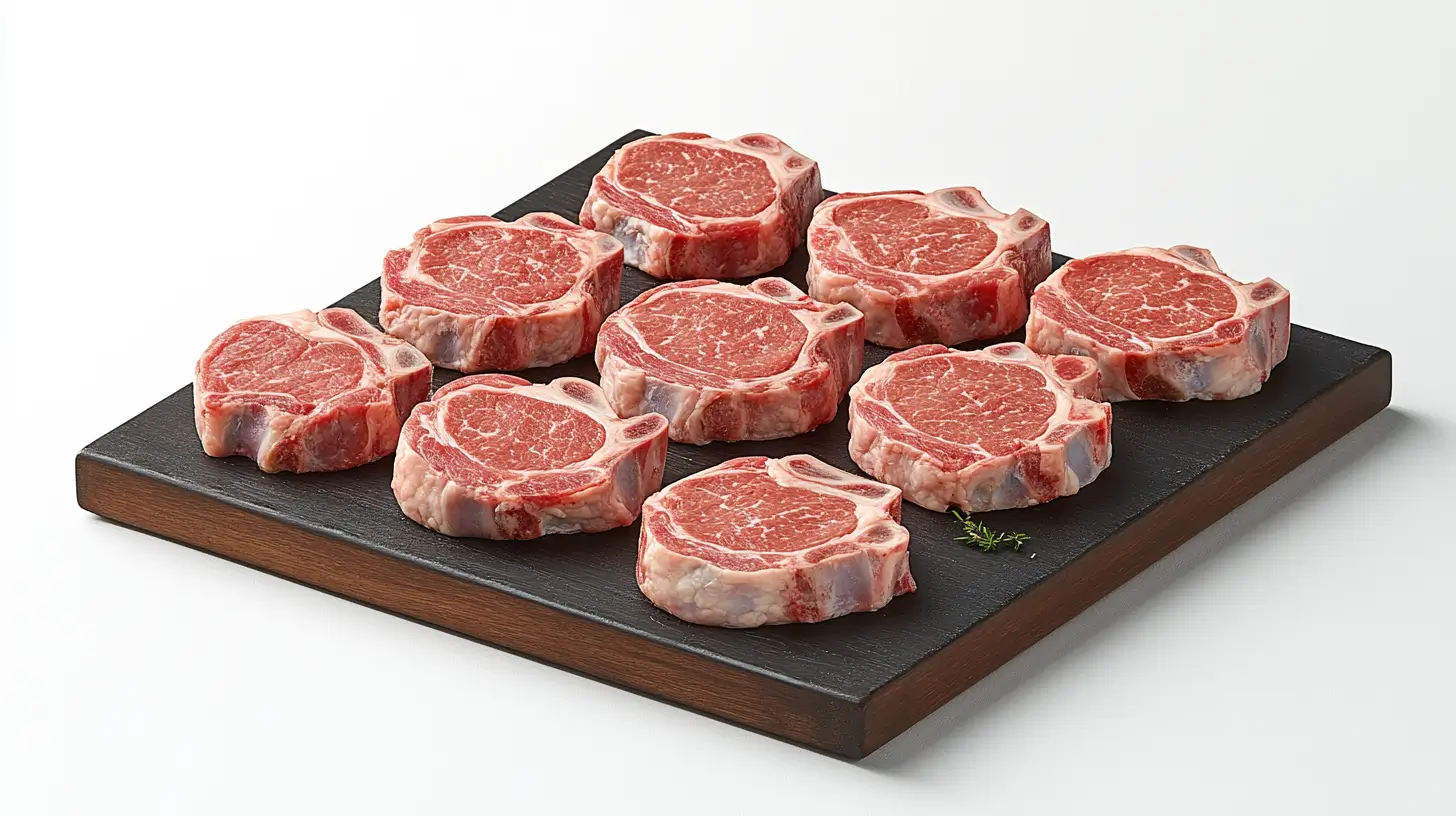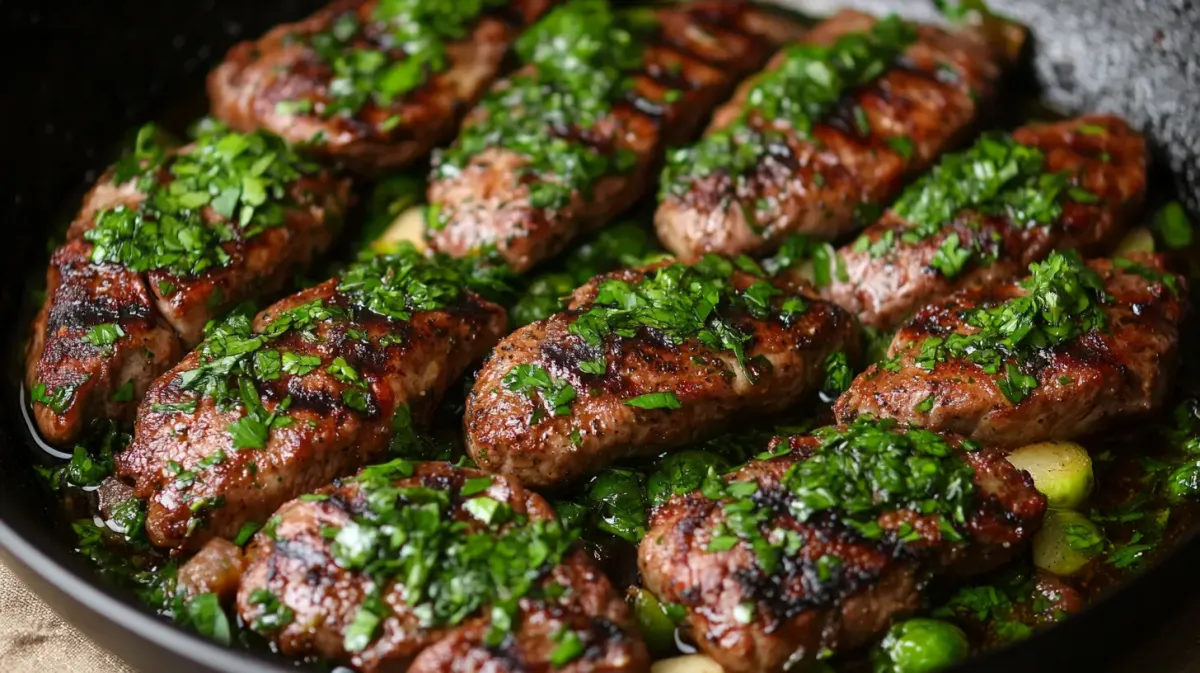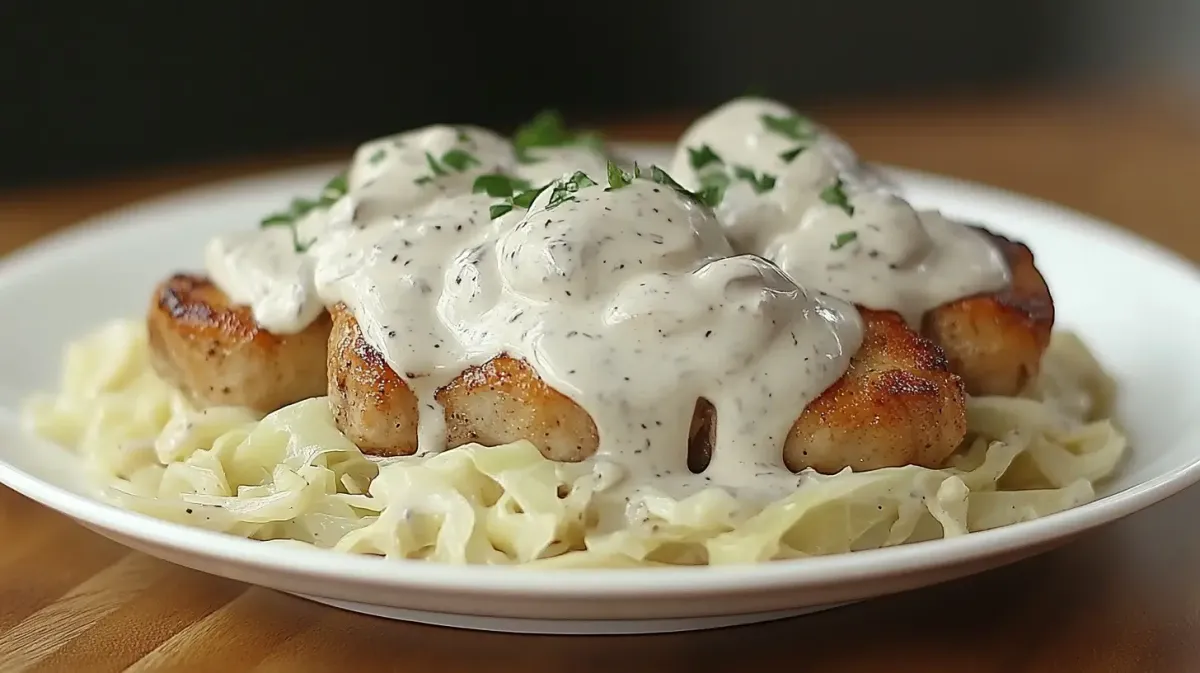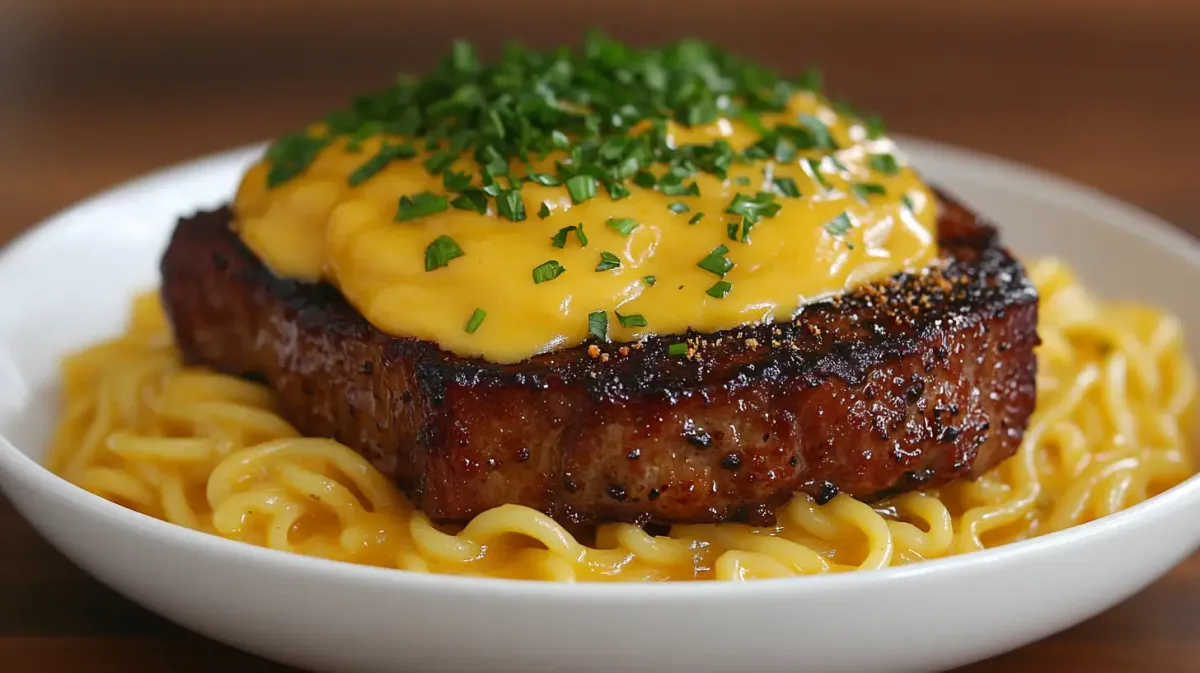- Home
- Dietary Restrictions
- Are Pork Chops OK on a Renal Diet?
Are Pork Chops OK on a Renal Diet?
How to prepare renal diet-friendly pork chops: low sodium, phosphorus-controlled recipe for kidney health.

Are Pork Chops OK on a Renal Diet?
Welcome, fellow culinary explorers and health-conscious eaters! If you're on a renal diet and wondering whether pork chops can still be part of your menu, you've come to the right place. Dealing with dietary restrictions can be challenging and disheartening, especially when it means potentially giving up some of your favorite dishes. But I'm here to share some good news about incorporating pork chops into your renal diet in a way that’s both safe and delicious.
Understanding the Renal Diet
Before diving into the specifics of pork chops, let's quickly discuss what a renal diet involves. This diet is crucial for individuals managing kidney disease, particularly those with chronic kidney disease (CKD). The primary goals are to help manage blood pressure, reduce kidney workload, and prevent excessive buildup of certain nutrients in the body that your kidneys may struggle to filter out.
A typical renal diet involves limiting:
- Sodium
- Potassium
- Phosphorus
- Proteins (in some stages or types of kidney disease)
Now, you might be wondering where pork chops fit into this equation. Let’s break it down.
Can You Eat Pork Chops on a Renal Diet?
The short answer is yes, pork chops can be part of a renal diet, but moderation and preparation are key. Pork chops are a source of high-quality protein, which is important for maintaining muscle health, even for those on a renal diet. However, the way you select, prepare, and serve pork chops can make a big difference in how kidney-friendly they are.
Choosing the Right Pork Chops
Opt for lean cuts of pork, such as loin or tenderloin chops, as these have less fat and are easier on your kidneys compared to fattier cuts. Additionally, it’s critical to ensure that the pork chops you buy aren’t pre-marinated or treated with solutions containing high amounts of sodium or phosphates—common practices intended to enhance flavor and tenderize the meat. Always check the label or ask your butcher to be sure.
Preparing Pork Chops for a Renal Diet
How you cook your pork chops can also impact their suitability for a renal diet. Here are some tips to keep them kidney-friendly:
- Trim any excess fat to reduce your intake of unhealthy fats.
- Use natural herbs and spices instead of salt to season your pork chops. Excellent choices include rosemary, thyme, garlic, and pepper.
- Avoid using premade sauces or marinades, which are often high in sodium, potassium, and phosphorus. Instead, opt for a homemade marinade with vinegar, lemon juice, and your chosen spices.
- Grill, bake, or broil the pork chops instead of frying. These cooking methods do not require added fats and can help preserve the natural flavors of the pork without adding harmful extras.
Sample Kidney-Friendly Pork Chop Recipe
Ready to try making a renal-friendly pork chop dish at home? Here’s a simple recipe that uses safe, flavorful ingredients and a healthy cooking method. Let’s get cooking!
Herb-Rubbed Pork Chops
Ingredients:
- 4 lean pork chops (loin or tenderloin cuts)
- 1 tablespoon olive oil
- 2 cloves garlic, minced
- 1 teaspoon dried rosemary
- 1 teaspoon dried thyme
- 1/2 teaspoon black pepper
- Lemon wedges, for garnish
Instructions:
- Preheat your grill, broiler, or oven to a medium-high heat.
- Trim any visible fat from the pork chops.
- In a small bowl, mix the olive oil, garlic, rosemary, thyme, and black pepper.
- Rub the mixture evenly over both sides of each pork chop.
- Cook the pork chops for about 4-5 minutes on each side, or until they reach an internal temperature of 145°F (63°C).
- Serve immediately with a squeeze of fresh lemon juice.
This recipe is not only straightforward but also aligns with the nutritional needs of those watching their kidney health. The herbs bring out the natural juiciness of the pork without overloading them with harmful additives.
Final Thoughts and Considerations
Having chronic kidney disease doesn't mean saying goodbye to your favorite foods like pork chops. With careful choices and a focus on healthy preparation, you can enjoy delicious meals while keeping your kidneys in mind. Always consult your healthcare provider or a dietitian to tailor your diet to your specific needs, and let them guide you on the right protein intake and dietary restrictions based on your condition.
Keep exploring, keep cooking, and most importantly, keep your health journey positive and flavorful! Remember, managing a renal diet can incorporate many of the foods you love—you just need to be mindful about the details.



